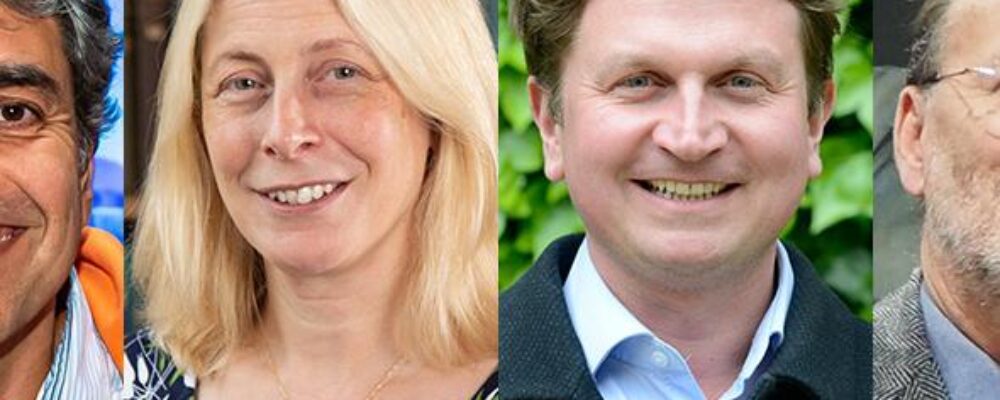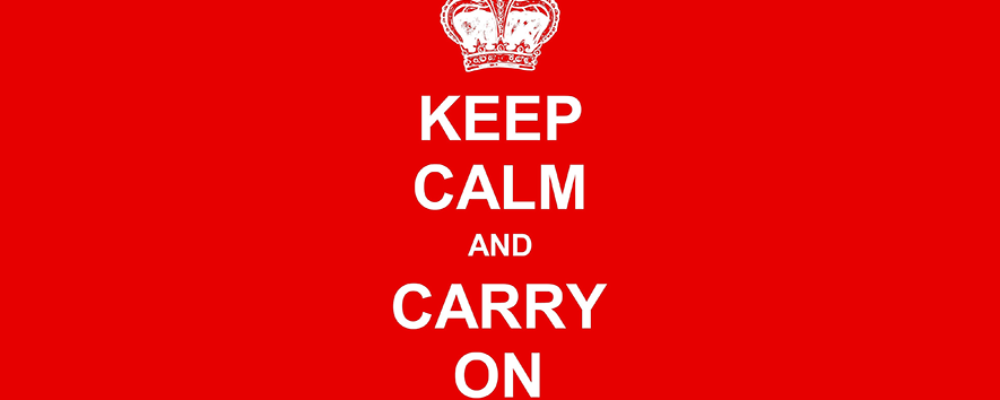
“Manifest” was looked up almost 130,000 times on the Cambridge Dictionary website, making it one of the most-viewed words of 2024.
The word jumped from use in the self-help community and on social media to being widely used across mainstream media and beyond, as celebrities such as singer Dua Lipa, Olympic sprinter Gabby Thomas and England striker Ollie Watkins spoke of manifesting their success in 2024.
Mentions of it gained traction during the pandemic and have grown in the years since, especially on TikTok and other social media, where millions of posts and videos used the hashtag #manifest.
They use “to manifest” in the sense of: ‘to imagine achieving something you want, in the belief that doing so will make it more likely to happen’. Yet, manifesting is an unproven idea that grew out of a 100-year-old spiritual philosophy movement.
Wendalyn Nichols, Publishing Manager of the Cambridge Dictionary, said: “When we choose a Cambridge Dictionary Word of the Year, we have three considerations: What word was looked up the most, or spiked? Which one really captures what was happening in that year? And what is interesting about this word from a language point of view?
“Manifest” won this year because it increased notably in lookups, its use widened greatly across all types of media due to events in 2024, and it shows how the meanings of a word can change over time.”
However experts warn that “manifesting” has no scientific validity, despite its popularity. It can lead to risky behaviour or the promotion of false and dangerous beliefs, such as that diseases can be simply wished away.
“Manifesting is what psychologists call ‘magical thinking’ or the general illusion that specific mental rituals can change the world around us,” said Cambridge University social psychologist Dr Sander van der Linden, author of The Psychology of Misinformation.
“Manifesting gained tremendous popularity during the pandemic on TikTok with billions of views, including the popular 3-6-9 method which calls for writing down your wishes three times in the morning, six times in the afternoon and nine times before bed. This procedure promotes obsessive and compulsive behaviour with no discernible benefits. But can we really blame people for trying it, when prominent celebrities have been openly ‘manifesting’ their success?
“’Manifesting’ wealth, love, and power can lead to unrealistic expectations and disappointment. Think of the dangerous idea that you can cure serious diseases simply by wishing them away,” said Van der Linden.
“There is good research on the value of positive thinking, self-affirmation, and goal-setting. Believing in yourself, bringing a positive attitude, setting realistic goals, and putting in the effort pays off because people are enacting change in the real world. However, it is crucial to understand the difference between the power of positive thinking and moving reality with your mind – the former is healthy, whereas the latter is pseudoscience.”
‘Manyfest’, manifest destiny, and manifestos
The 600-year history of the word “manifest” shows how the meanings of a word can evolve.
The oldest sense – which Geoffrey Chaucer spelled as “manyfest” in the 14th century – is the adjective meaning ‘easily noticed or obvious’.
In the mid-1800s, this adjective sense was used in American politics in the context of “manifest destiny”, the belief that American settlers were clearly destined to expand across North America.
Chaucer also used the oldest sense of the verb “manifest”, ‘to show something clearly, through signs or actions’. Shakespeare used manifest as an adjective in The Merchant of Venice: “For it appears, by manifest proceeding, that…thou hast contrived against the very life of the defendant”.
The verb is still used frequently in this way: for example, people can manifest their dissatisfaction, or symptoms of an illness can manifest themselves. Lack of confidence in a company can manifest itself through a fall in share price.
The meaning of making something clear is reflected in the related noun “manifesto”: a ‘written statement of the beliefs, aims, and policies of an organization, especially a political party’ – a word that also resonated in 2024 as scores of nations, including the United Kingdom and India, held elections where parties shared manifestos.
Other words of 2024
The Cambridge Dictionary is the world’s most popular dictionary for learners of the English language. Increases and spikes in lookups reflect global events and trends. Beyond “manifest”, other popular terms in 2024 included:
brat: a child, especially one who behaves badly
“Brat” went viral in the summer of 2024 thanks to pop artist Charli XCX’s album of the same name about nonconformist women who reject a narrow and highly groomed female identity as portrayed on social media. (We weren’t the only dictionary publisher to notice this.)
demure: quiet and well behaved
Influencer Jools Lebron’s satirical use of “demure” in a TikTok post mocking stereotypical femininity drove lookups in the Cambridge Dictionary. After brat summer, we had a demure fall.
Goldilocks: used to describe a situation in which something is or has to be exactly right
Financial reporters characterized India’s strong growth and moderate inflation as a Goldilocks economy in early 2024.
ecotarian: a person who only eats food produced or prepared in a way that does not harm the environment
This term rose in overall lookups in 2024, reflecting growing interest in environmentally conscious living.
New words, future entries?
All year round, Cambridge Dictionary editors track the English language as it changes. Newly emerging words that are being considered for entry are shared every Monday on the Cambridge Dictionary blog, About Words.
Words Cambridge began tracking in 2024 include:
quishing: the scam of phishing via QR code.
resenteeism: to continue doing your job but resent it. This blend of “resent” and “absenteeism” is appearing in business journalism.
gymfluencer: a social media influencer whose content is focused on fitness or bodybuilding.
cocktail party problem (also cocktail party effect): the difficulty of focusing on one voice when there are multiple speakers in the room. This term from audiology is now being used with reference to AI.
vampire: a vampire device or vampire appliance is one which uses energy even when not in use. This is a new, adjective sense of an existing word.
Adapted from the Cambridge University Press & Assessment website.
“The University of Cambridge is a public collegiate research university in Cambridge, England. Founded in 1209, the University of Cambridge is the third-oldest university in continuous operation.”
Please visit the firm link to site






